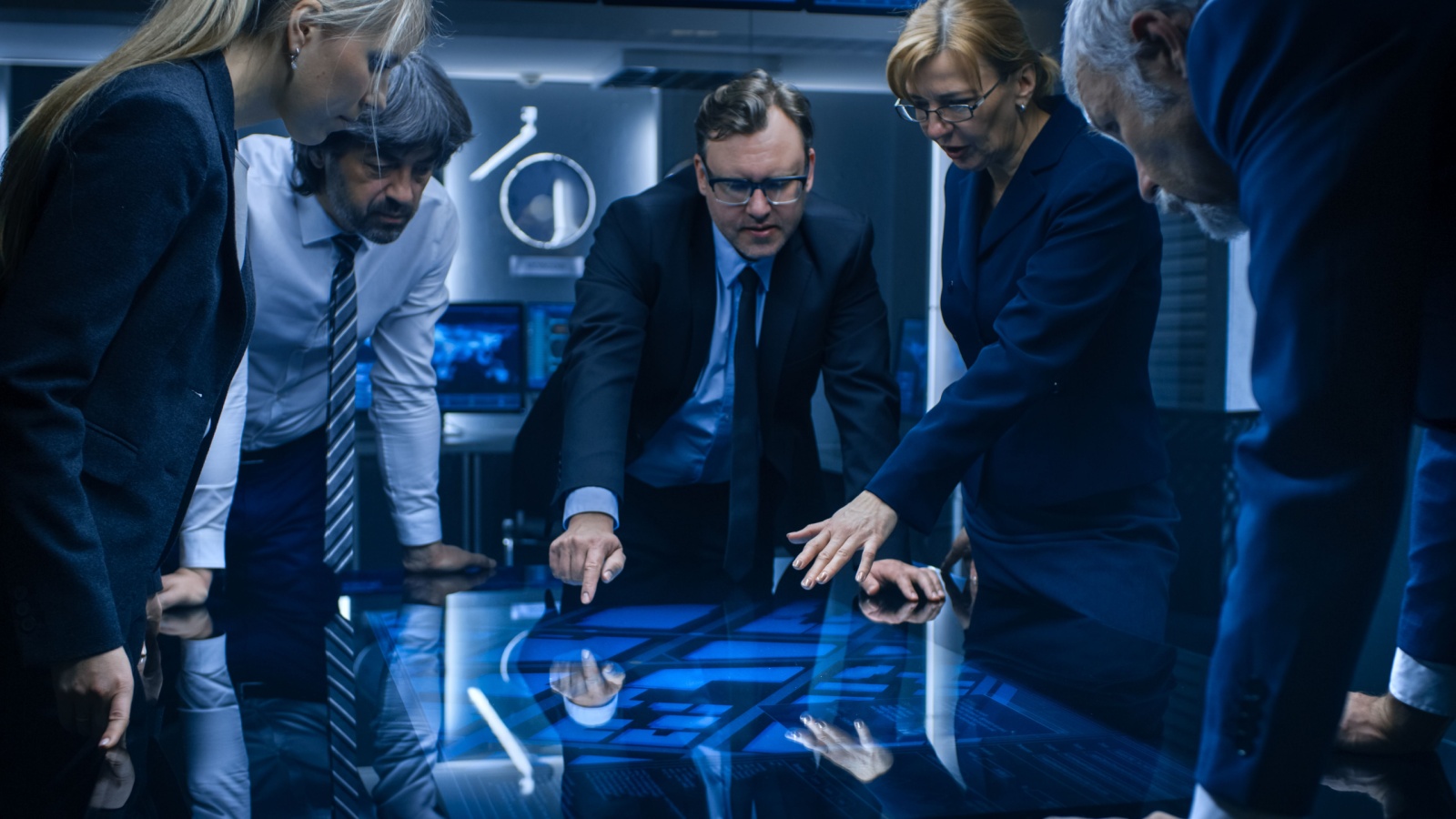I was always fascinated by the Central Intelligence Agency (CIA). I mean, who wouldn’t be? It’s natural to have a fascination with things you’re intentionally left out of. The entire organization is shrouded in secrecy and associated with mysterious things like Area 51, where alien spaceships and bodies are studied–according to legend.
Everyone knows about the CIA and Homeland Security, but what about the government organizations you’ve never heard of? Some might be even more intriguing than the famous agencies, and some might be so unknown because they’re just plain boring.
Did you know that the Postal Inspection Service has authority over crimes involving the mail? Or that our uniformed services risk their lives to help us get a better understanding of weather patterns? People shared their thoughts about these agencies on a recent message board thread. If you’re curious, find out what some of these obscure agencies do, and show off your knowledge at your next dinner party!
National Nuclear Security Administration

When it comes to lesser-known federal agencies, the National Nuclear Security Administration (NNSA) is definitely one you don’t want to mess with. Their mission is to bolster U.S. security through military nuclear energy while tackling global terrorism threats.
It sounds like an awesome job for anyone in armed security or the military. Some NNSA members hang out in a bunker for days, just waiting to launch missiles. These nuclear systems are no joke—they form the backbone of our defense strategy and uphold our superpower status.
Department of Energy

Have you heard people call the Department of Energy (DOE) the “Department of Secrets”? It’s true that they do a ton for the public, like making sure we have enough electricity and fuel. But there’s also the nuclear side of things.
A big part of the DOE’s job is developing, testing, and maintaining the U.S. nuclear weapons stockpile. They handle securing and storing warheads, protecting materials, and dismantling older weapons. They even have their own classification systems, like the Q clearance, which allows clearance-holders to access nuclear data.
United States Postal Inspection Service

You might not believe this, but one message board commenter shared a wild story about the United States Postal Inspection Service. After reporting that his package was opened and its contents stolen, he felt ignored for months. Eighteen months later, and he’s testifying against his mail carrier in federal court!
This isn’t the first time it happened. Two guys pretending to be S.S. agents got caught when a USPIS agent investigating a different case spotted them and thought they were suspicious. With over 1,300 inspectors, USPIS takes postal crimes seriously—so don’t mess with anyone’s mail!
U.S. Public Health Service Commissioned Corps

Did you know there are other uniformed services besides the Armed Forces? One of them is the U.S. Public Health Service Commissioned Corps. These officers, serving as pharmacists, doctors, nurses, engineers, and more, work on the front lines of public health in agencies like the FDA, Indian Health Service, and Federal Bureau of Prisons.
They’re called the “Invisible Corps” because much of their work is behind the scenes, focused on public health infrastructure. They don’t promote themselves, but now they’re eager to spread the word and inspire students to join their ranks.
National Oceanic and Atmospheric Administration Commissioned Officer Corps

The NOAA Commissioned Officer Corps is also one of the nation’s eight uniformed services. They rotate assignments every few years, whether at sea or in the air. At sea, they operate ships to map the ocean floor, monitor conditions, and support fisheries research. In the air, they pilot planes like the famous P-3 Orion “hurricane hunters” to collect critical data for hurricane predictions and disaster response.
Honestly, reading about them feels like the setup for an action movie where the NOAA saves the day from some obscure weather villain!
National Reconnaissance Office

The U.S. National Reconnaissance Office (NRO) is one of 18 members of the intelligence community, founded in 1960 and only declassified in the early ’90s. They design, build, and maintain America’s intelligence satellites, but most of the work is done by contractors, not federal employees.
When it started, the NRO was so secretive that even its name was classified. There was no nameplate on its Pentagon door, and employees couldn’t mention “NRO” outside secure rooms. Its budget stayed under $1 billion, and Congress would approve it without much oversight or questioning.
Government Accountability Office

If you’ve heard of the “taxpayers’ best friend,” then you probably know a few things about the Government Accountability Office. It investigates and eliminates fraud, waste, and inefficiency in the federal government. For every dollar in their budget, they save taxpayers multiple times that in waste and fraud. People joke that they’re the only agency that scares the IRS since they have the authority to investigate and report on all government agencies.
GAO was even ranked as the best government agency to work for based on employee satisfaction.
National Highway Traffic Safety Administration
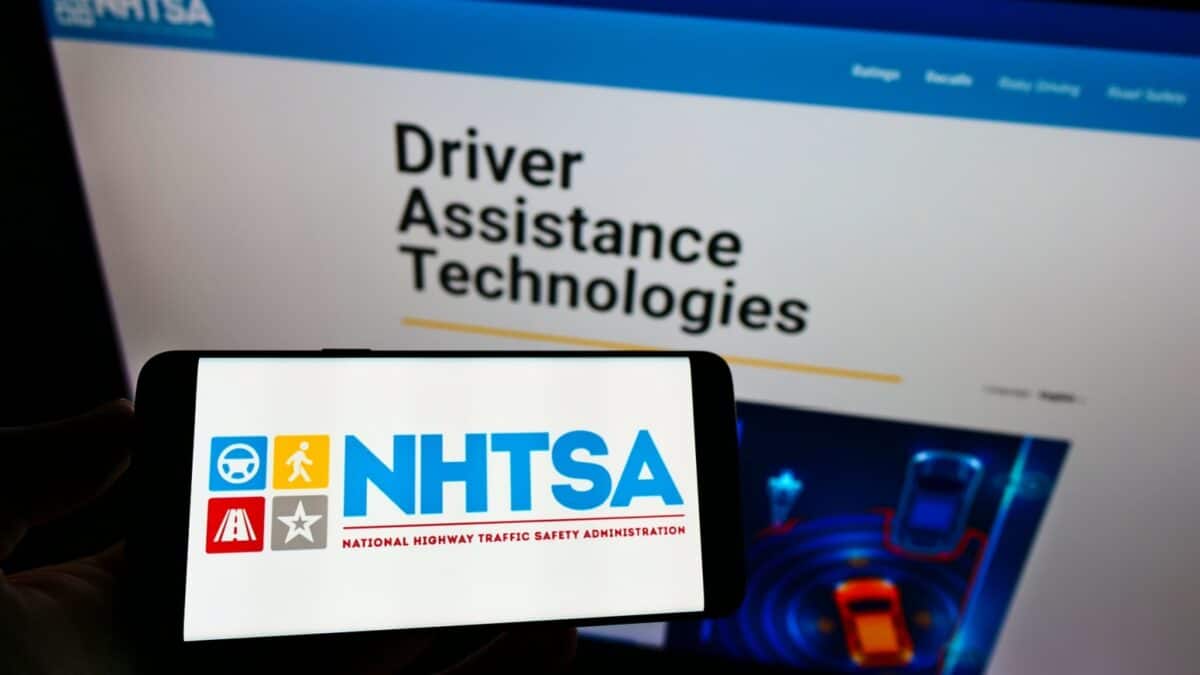
If you’re like me and love watching crash test videos on YouTube, you’ve probably seen the National Highway Traffic Safety Administration at work. It’s the government agency responsible for crash tests, like the Frontal Crash Test, where vehicles are compared by weight class. Other tests, like Side Barrier, Side Pole, and Rollover Resistance, compare all vehicles across the board.
Launched by the Highway Safety Act of 1970, their mission is to reduce deaths, injuries, and economic losses from vehicle crashes. They use seat-belted dummies to measure potential injuries and set safety ratings.
Diplomatic Security Service

The Diplomatic Security Service (DSS) ensures the safety of U.S. diplomacy while addressing transnational crime worldwide. But it might seem like they mix a bunch of unrelated jobs—embassy security, protecting foreign diplomats in the U.S., and investigating passport and visa fraud—all into one bundle.
Before heading overseas, some DSS agents undergo intense training at their facility, learning skills like how to drive a car from the passenger seat in case of an ambush. Luckily, most don’t have to face those scenarios on their assignments. Talk about some exciting training!
National Institute of Standards and Technology

You might not know about the National Institute of Standards and Technology, but their work impacts everything you use daily. NIST is a federal agency under the Commerce Department dedicated to advancing measurement science and technology to boost productivity, support trade, and enhance our quality of life.
One of their key jobs is keeping the official time for the U.S. using a network of atomic clocks tucked away in a Colorado mountain. These clocks sync with others worldwide to create Coordinated Universal Time. And guess what? NIST even has its own nuclear reactor in Montgomery County, MD!
Source: Reddit
10 Moments In American History You’ve Never Heard Of
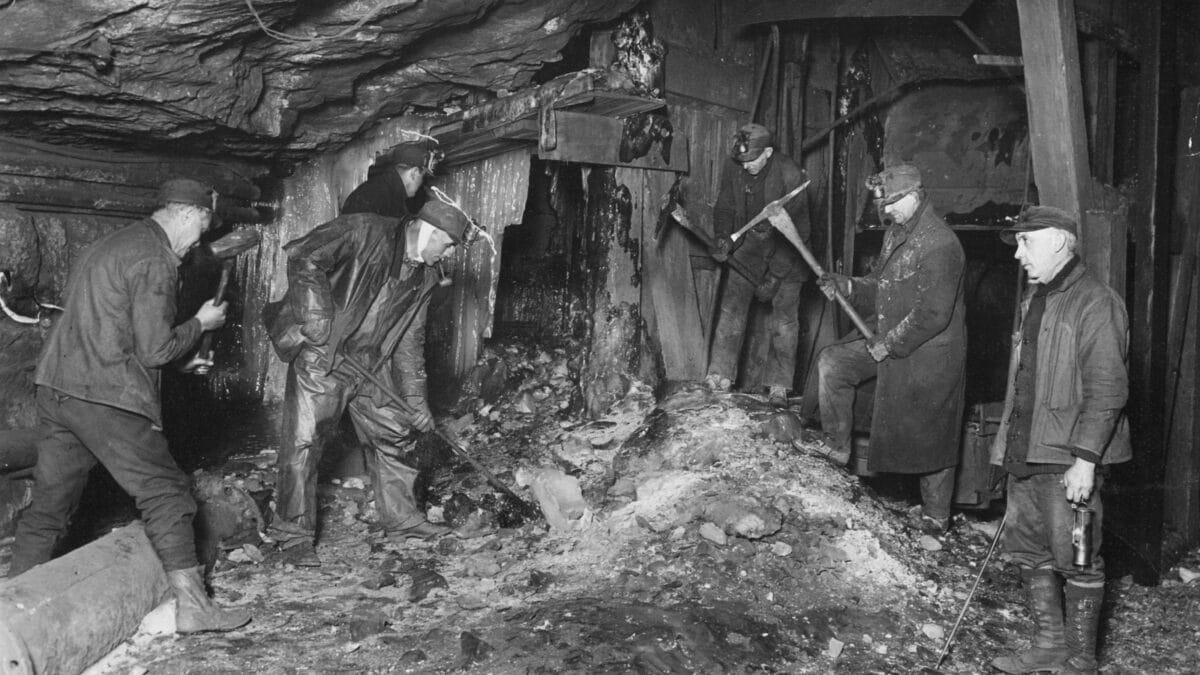
There are wars, battles, and major events in American history that we all hear about over and over, like the Battle of Gettysburg, D-Day, and Martin Luther King Jr’s March on Washington. Some historical events are significant yet not discussed much in school books. A recent online message board voted on some of the following most interesting historical moments.
Read more: 10 Moments In American History You’ve Never Heard Of
10 of the Biggest Mysteries Throughout History
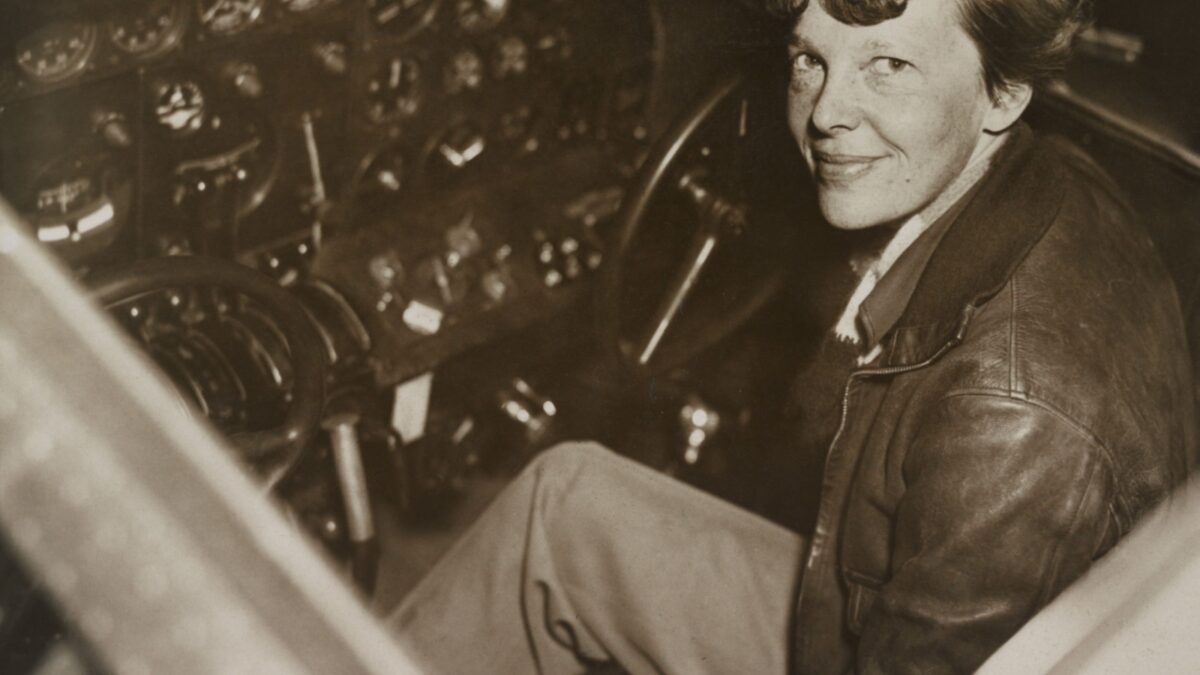
Strange disappearances, lost civilizations, and unsolved murders make up this list of the biggest mysteries throughout history. Some are current-day active investigations, and some are thousands of years old, with the answers lost to time. According to an online message board, the following unexplained phenomena were voted as the top unsolved mysteries.
Read more: 10 of the Biggest Mysteries Throughout History
10 Events In History That Are So Ridiculous They Sound Fake
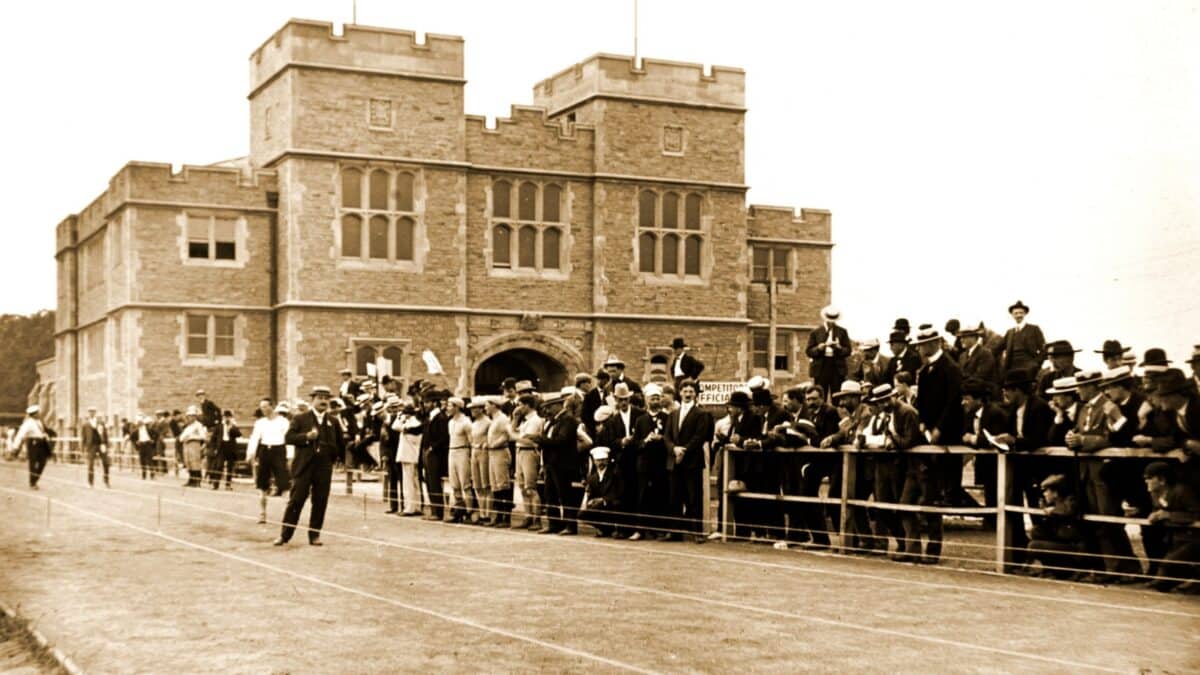
History is a crazy quilt made of both terrifying and downright absurd patches. Sure, we hear that history repeats itself, and it’s true—wars, economic crashes, pandemics—you name it. But it’s the truly bizarre stuff that makes you hope it never happens again. Here are a few of the most random and unthinkable historical events that are actually true.
Read more: 10 Events In History That Are So Ridiculous They Sound Fake

